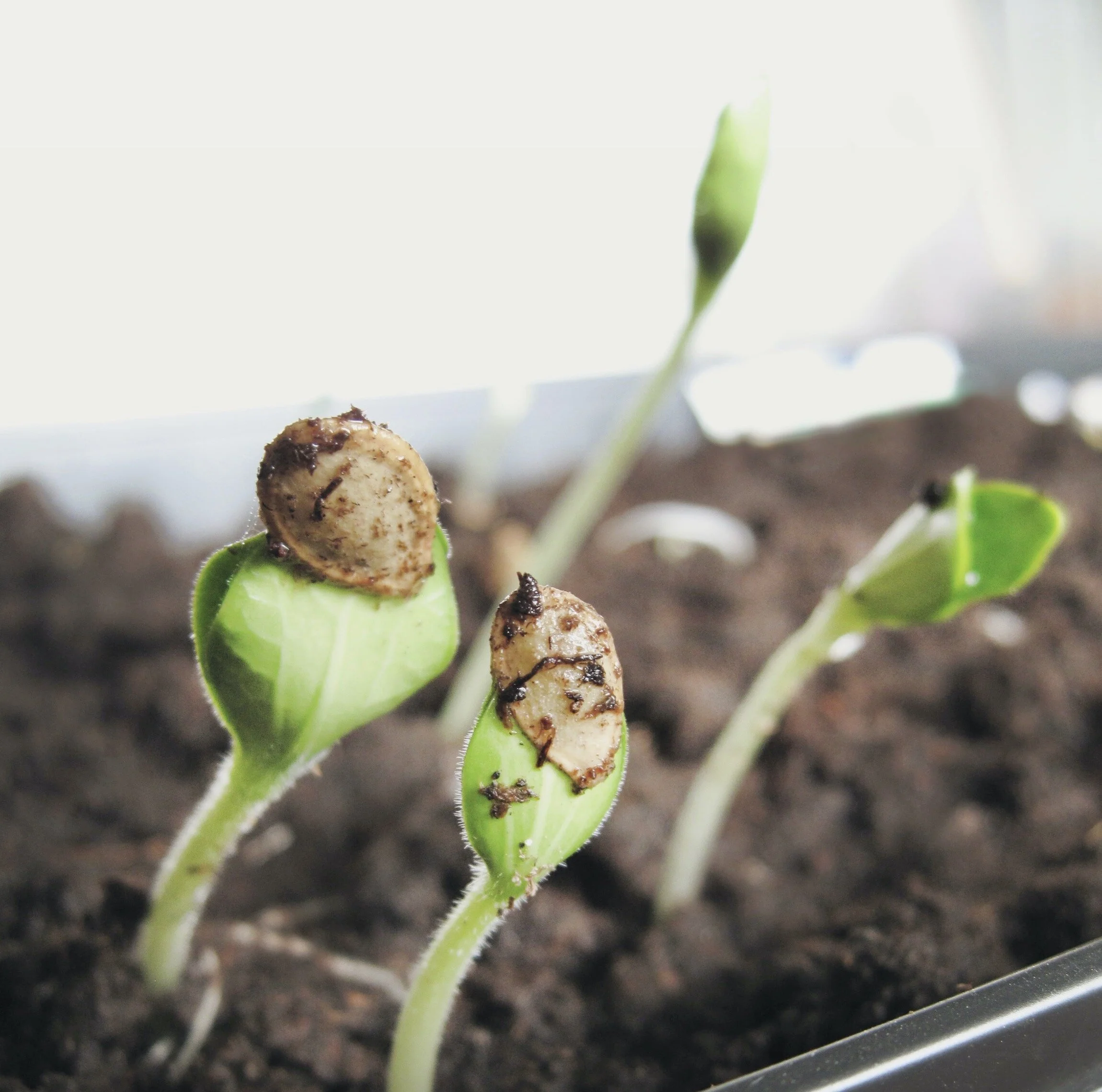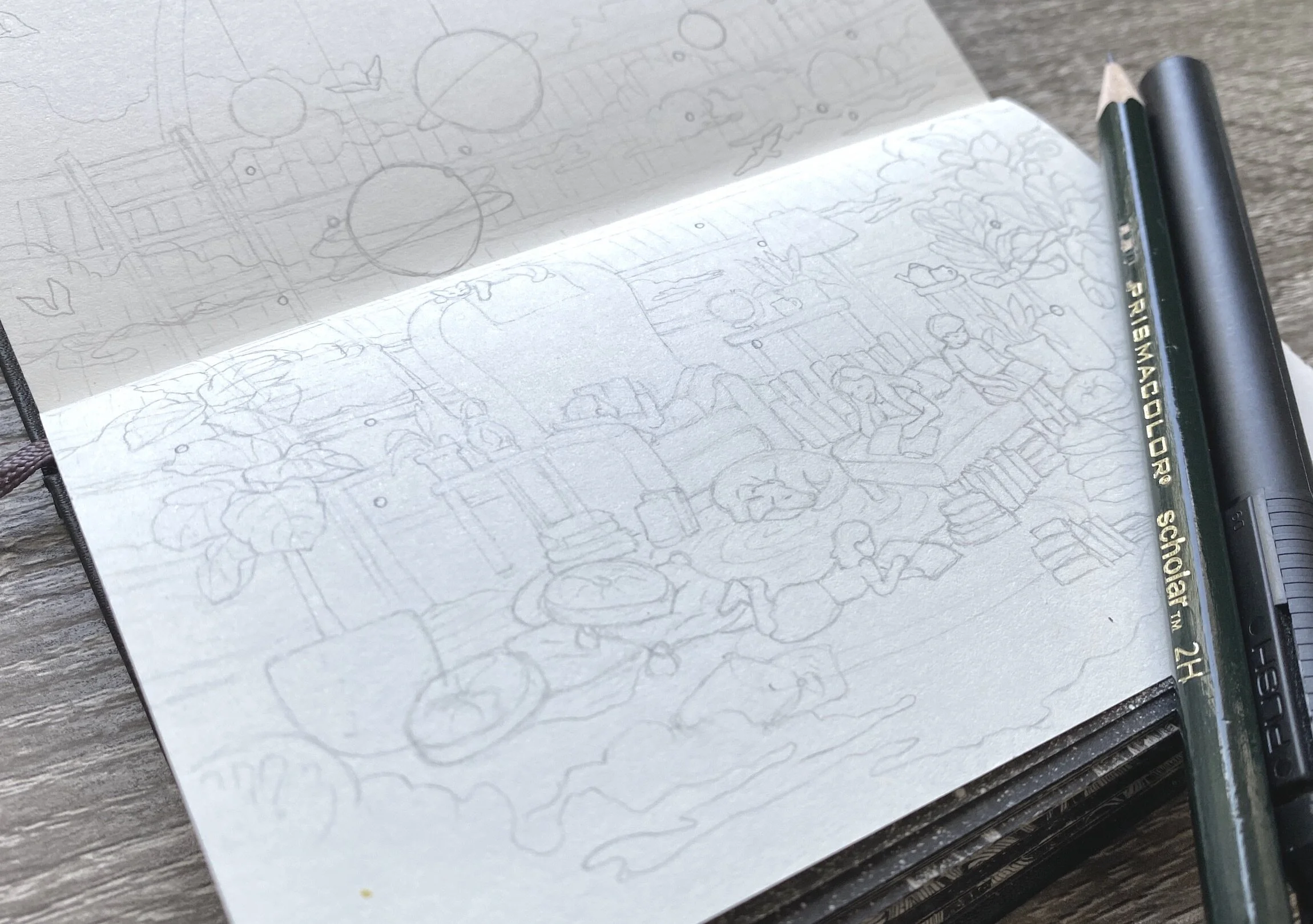How To Get Away With Murder
Be killing sin or it will be killing you.
– John Owen
“Is a kernel of popcorn alive?” That was the question our daughter’s middle school science teacher posed to the class. How did you answer the question? I asked her. Most of the class said it wasn’t, she said. But then the teacher gave the kernel some water and time, and when it sprouted a leaf, they changed their minds. They ended up learning about the properties of life: organization, response to stimuli, ability to reproduce, regulate, and process energy.
“Sin aims always at the utmost.”
Lately I’ve been thinking about how sin works in us. There’s a kind of cycle that occurs, where we’re overcome by guilt over some prevailing sin in our lives, we instantly promise to ourselves and to God to stop, but over time our sense of sin wears off, and the sin returns again. The fact is, sin indwells in us, as long as we are in this world, and our struggle against it is real. It’s always acting to bring forth evil, whether we feel it or not, and it’s always a slippery slope, aiming to bring us to greater soul-destroying acts. As John Owen puts it in his work Of the Mortification of Sin in Believers, “Every unclean thought or glance would be adultery if it could; every covetous desire would be oppression, every thought of unbelief would be atheism, might it grow to its head.”
How do we mortify sin? Owen uses an analogy throughout his article that I find fascinating: sin in us is like a person. It has the properties of life. Paul calls it “the old man.” It has strength, vigor, power, faculties, properties, wisdom, craft. The first thing we must do is know this enemy. We must work to understand how it functions. We might ask, what are my sin’s:
ways, methods, and strategies?
progress and workings-out in my life?
advantages, and greatest strengths?
past successes?
future consequences?
ways of using opportunities and temptations?
logic, pleas, reasonings, and excuses?
And then, we constantly, daily, mortify our sin. We crucify it. How does someone die during crucifixion? Owen asks. First, that person struggles and cries out, then as the “blood and spirit” are let out (more precisely, suffocated), the “strivings become faint” and the “cries low.” This is what happens as we crucify sin within us: at first, the desire for it struggles to break loose, cries even more to be satisfied. But as we work against it, it will come to move in us more seldom and faintly. Dying pangs may occur, but they will be more quickly over.
Too often, I think, I am paltry with my sin. I notice it when it comes up, but otherwise I’m not really working against it and striking at its roots. I’m not intent against the habits that feed it, honest about the insecurities, anxieties or fears that underlie it, cultivating the love for Jesus that draws me away from it. And so, the cycle happens. And the worst thing about this cycle is that it cheapens God’s grace and invokes legalism—it uses grace to excuse guilt, and leads to a legalism that is really a worship of self-will.
But in the end, mortification of sin is a work that the Spirit does in us. Putting to death the deeds of the body, Paul writes in Romans 8:13, is something we do by the Spirit. The Holy Spirit teaches and counsels us. He produces the spiritual fruits that oppose sin. He intercedes for us. He weakens our longing for sin. He brings the truth of the cross and our communion with Jesus in suffering and temptation into our hearts.
But the fact that the Spirit works in us does not excuse us from this work. “The Holy Ghost works in us and upon us,” Owen writes, “as we are fit to be wrought in and upon; that is, so as to preserve our own liberty and free obedience . . . he works in us and with us, not against us or without us.” The more we work to mortify the sin that dwells in us, through habitual weakening and constant contending, the more we experience the Spirit’s workings and the life that God freely promises.






